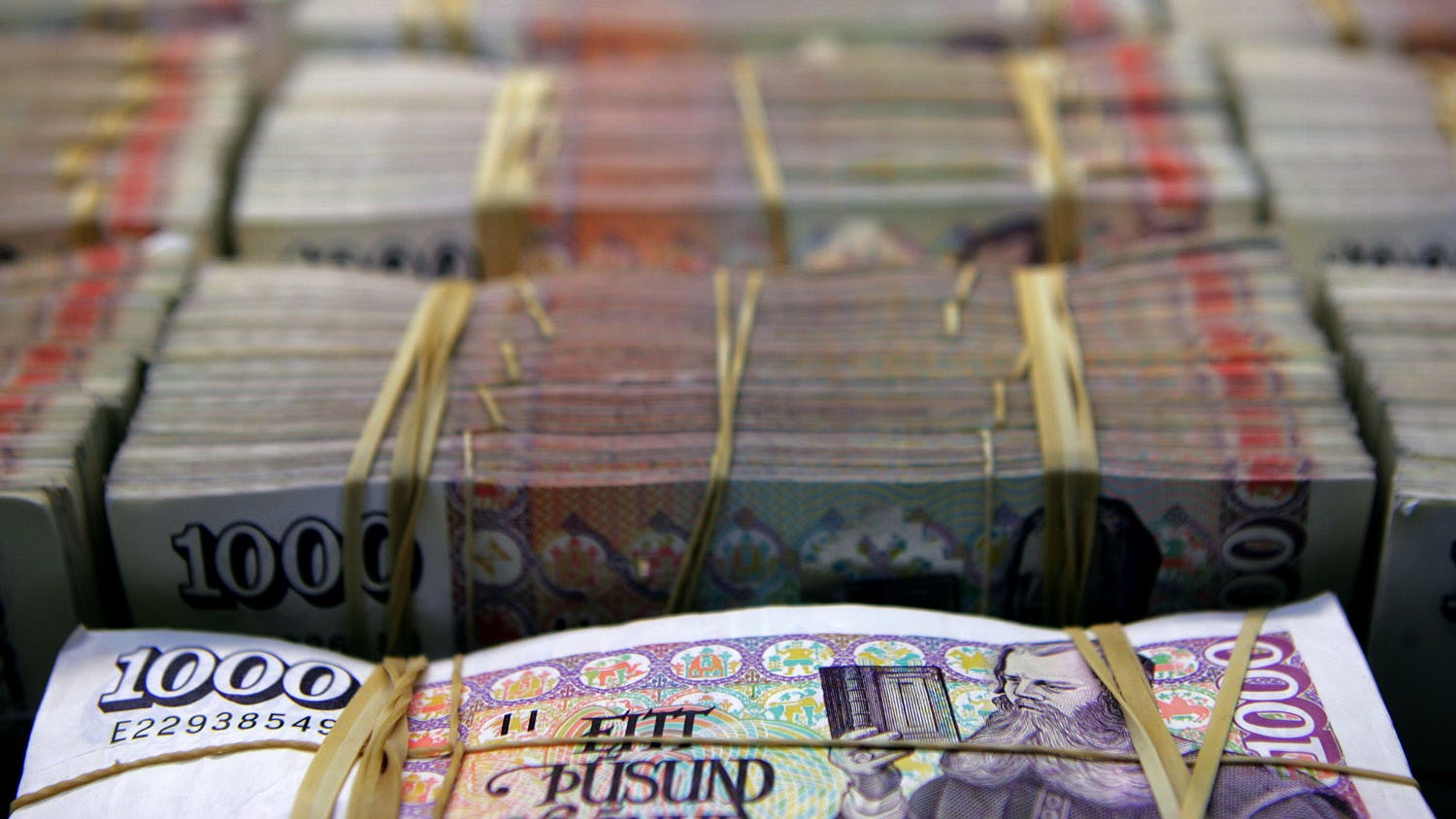The week ahead
- On Wednesday, the Central Bank of Iceland (CBI) releases the statement of the Financial Stability Committee and the minutes of the Monetary Policy Committee’s last meeting. Icelandair releases load figures for November.
- On Thursday, Play releases load figures for November.
- On Friday, the Directorate of Labour publishes registered unemployment in November.
Image of the week
In the past few months, economic growth has slowed significantly. Growth measured a mere 1.1% in the third quarter and both private consumption and investment contracted between years. Following the Covid-contraction in 2020, growth was initially measured in the second quarter of 2021 and has since been over 4% for nine consecutive quarters, until now. Slower economic growth now should come as no surprise - the economy overheated in the wake of the pandemic, with excess demand and resulting inflation. The economy now appears to be regaining its balance and high interest rates put a damper on activity while also retarding inflation. This increases the likelihood that the current rate hike series is over. The next policy rate decision is scheduled for 7 February.
Highlights of the previous week
Economic growth measured 1.1% in the third quarter, according to preliminary figures from Statistics Iceland. The economy slowed down significantly in the third quarter, with growth dwindling from 7.0% in the first quarter to 4.7% in the second quarter. Domestic demand contracted between years. Export increased between years while import decreased. Low growth can be attributed mainly to the contraction in import.
Inflation in November went from 7.9% to 8.0%, with housing prices in the lead. We had expected 8.1% inflation. Price of food and beverages rose less than we expected, imputed rent increased more and air fares less. We forecast 8.2% inflation in December, 7.3% in January and 6.7% in February.
The trade surplus measured ISK 61.8 bn in the third quarter. The third quarter tends to show the best results, including as it does the high tourist season. In the first nine months of the year, the trade surplus was ISK 42.1 bn. The fourth quarter could result in a trade deficit yet it is unlikely that such deficit would be high enough to offset the surplus for the year as a whole.
In the stock market, Ísfélag held a public offering, Alvotech published results and the Board of Marel rejected the non-binding MoU of JBT.
In the bond market, Government Debt Management (GDM), Síminn and Iceland Seafood auctioned bills, GDM held a treasury notes exchange auction and S&P bumped up the credit rating for the covered bonds of Arion Bank, Íslandsbanki and Landsbankinn.
Statistics and market data
Disclaimer
This review and/or summary is marketing material intended for information purposes and not for business purposes. This marketing material does not contain investment advice or independent investment analysis. The legal provisions that apply to financial advice and financial analysis do not apply to this content, including the ban on transactions prior to publication.Information about the prices of domestic shares, bonds and/or indices is source from Nasdaq Iceland - the Stock Exchange. Landsbankinn’s website contains further information under each individual equity, bond class or index. Information about the prices of non-domestic financial instruments, indices and/or funds are sourced from parties Landsbankinn considers reliable. Past returns are not an indication of future returns.Information about the past returns of Landsbréf funds is based on information from Landsbréf. Detailed information about the historic performance of individual funds is available on Landsbankinn’s website, including on returns for the past 5 years. Information about the past performance of funds show nominal returns, unless otherwise stated. If results are based on foreign currencies, returns may increase or decrease as a result of currency fluctuations. Past returns are not necessarily an indication of future returns.Securities transactions involve risk and readers are encouraged to familiarise themselves with the Risk Description for Trading in Financial Instruments and Landsbankinn’s Conflict of Interest Policy, available on Landsbankinn’s website. Landsbankinn is licensed to operate as a commercial bank in accordance with Act No. 161/2002, on Financial Undertakings, and is subject to supervision by the Financial Supervisory Authority of the Central Bank of Iceland (https://www.cb.is/financial-supervision/)









